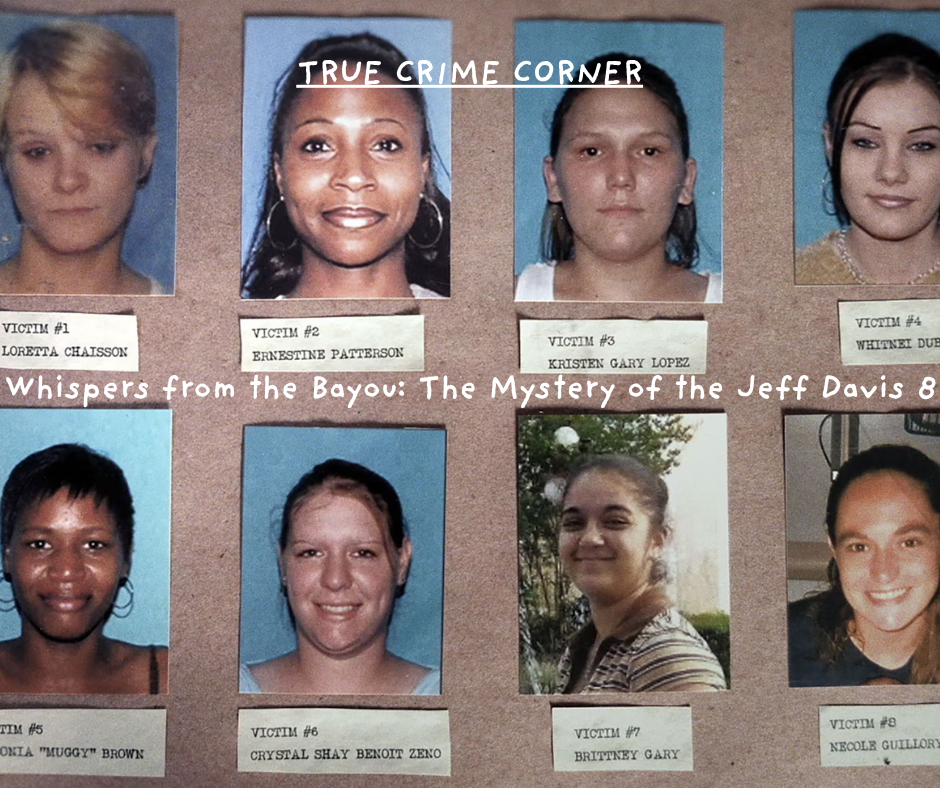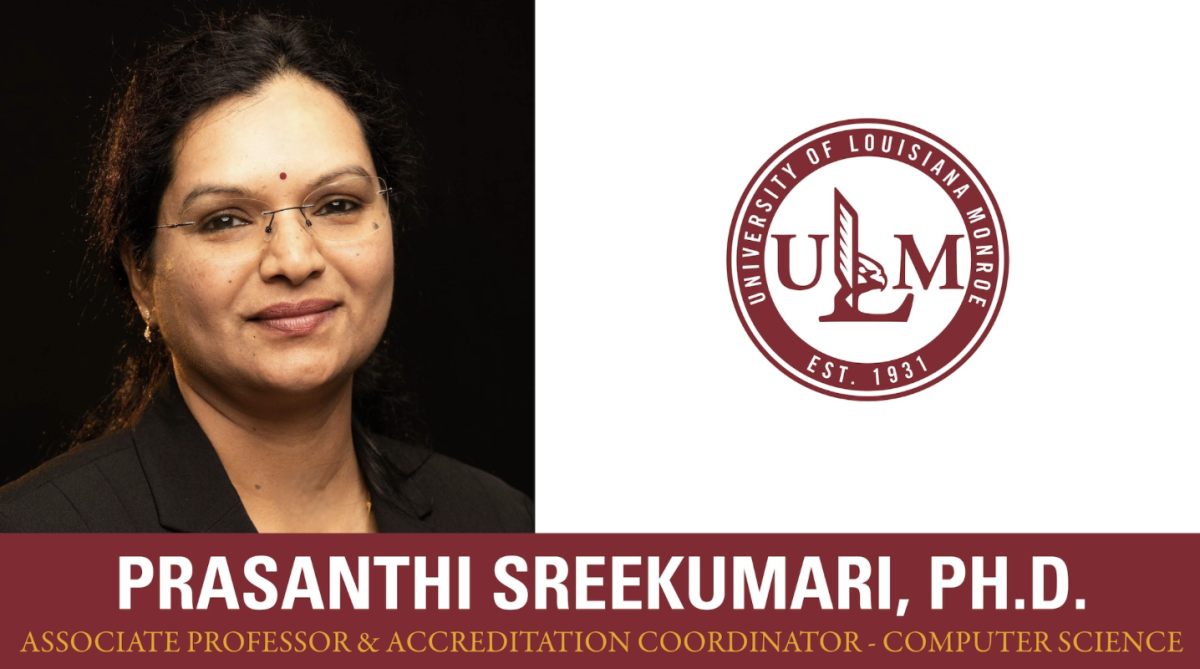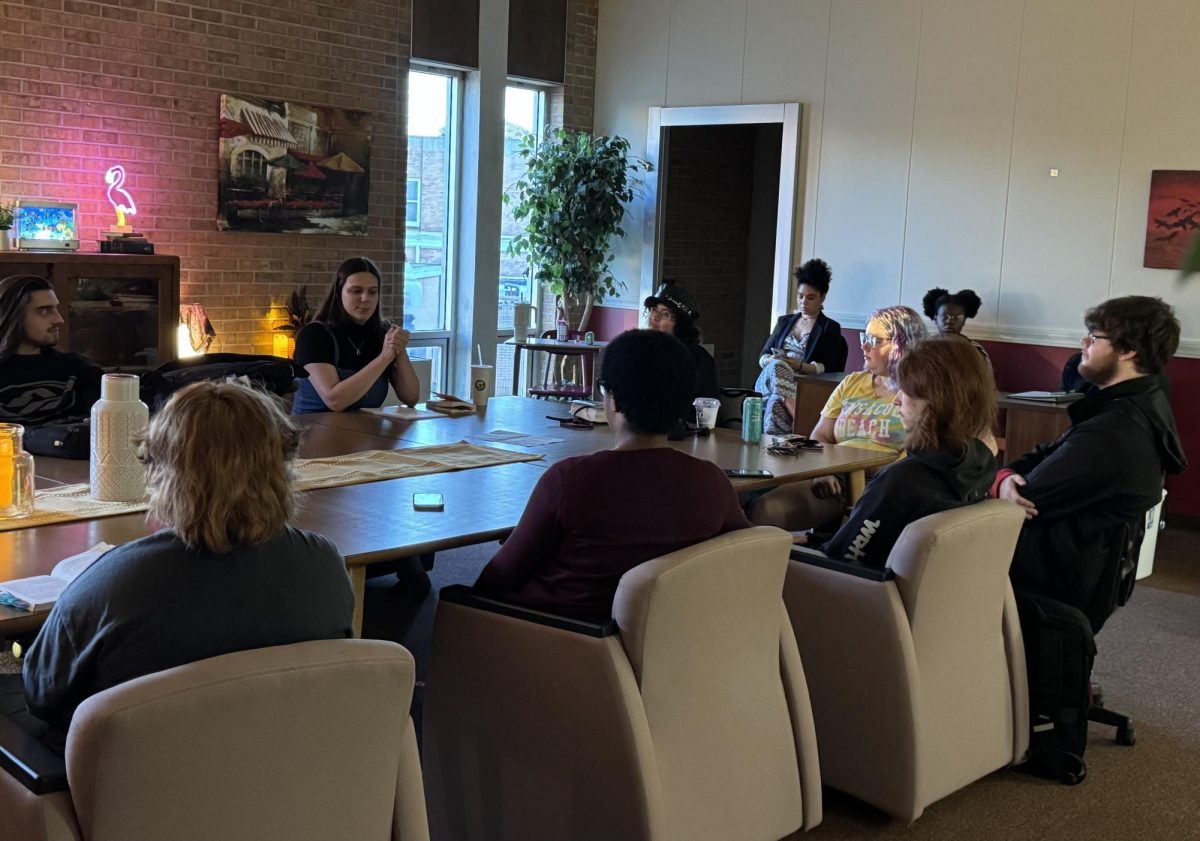“Je suis Charlie.” Echoes of “I am Charlie” resounded across Paris and the world after the massacre of 12 people in the offices of the satirical magazine “Charlie Hebdo” on Jan. 7.
Among them were the magazine’s editor Stephane Charbonnier and several of the most prominent cartoonists in France including Georges Wolinski, Jean Cabut, Bernard Verlhac and Phillip Honore.
Those killed were targeted for their “artistic creations” according to BBC News and were specifically called out by the masked gunman.
The tragic shootings in Paris raised serious questions about the rights of people to express their opinions on subjects ranging from religion to their thoughts on government policy without fear of retaliation according to Grant Garland.
“There should be a self-censorship present I believe when sharing your religion. I believe that people will surely bring up that ‘invisible wall’ if a person comes off as aggressive when talking about religion. I totally agree with the pope when he said, ‘You cannot insult other people’s faith,’” said Garland, a senior atmospheric science major.
The reason why I believe this is because if you are trying to share your beliefs with someone, I would think you would be trying to “pitch” your religion to them.
“If you insult others belief’s which they hold dearly to them then why should they try and listen to you,” Garland said.
Hillary Solet was shocked by the news of the shootings but said that the attack was no different than the terrorist attacks scattered throughout the world on a daily basis.
“I pray that their families and friends find peace, and that our government creates environments that crime doesn’t thrive in,” said Solet, a senior political science major.





